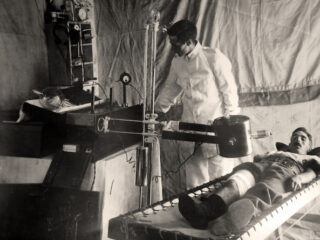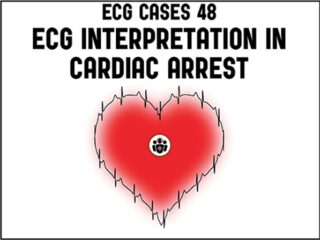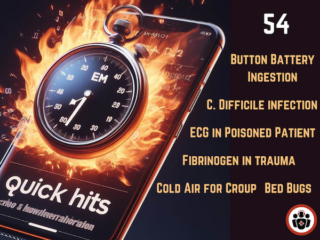JJ 15 Cardiac Stress Testing After Negative ED Workup for MI
In this Journal Jam podcast we do a deep dive into the hugely complex literature of cardiac stress testing and see whether or not stress testing portends any benefit for patients who we assess in the ED for chest pain. The problem is - if stress testing doesn’t benefit our patients and isn’t a good screening test for preventing MIs, then what do we do with our low risk chest pain patients we see in the ED?









